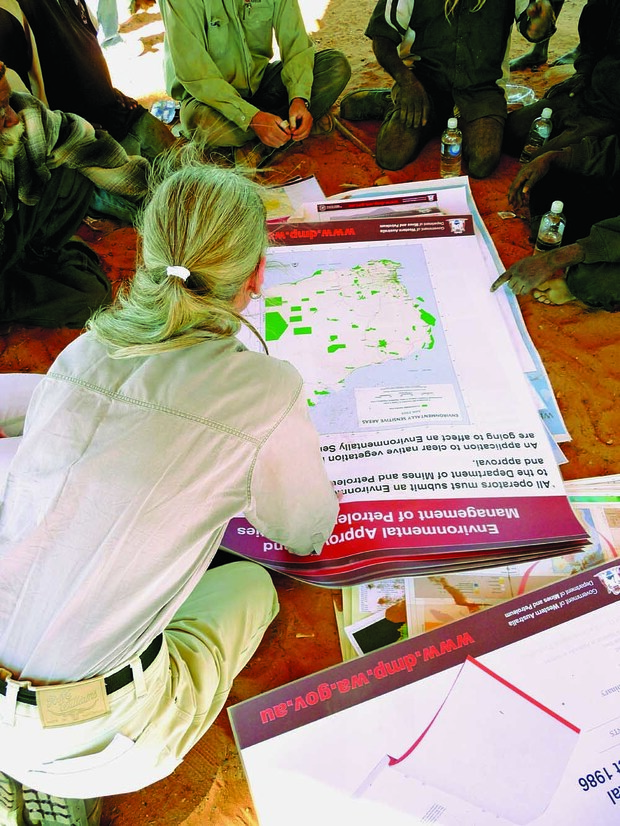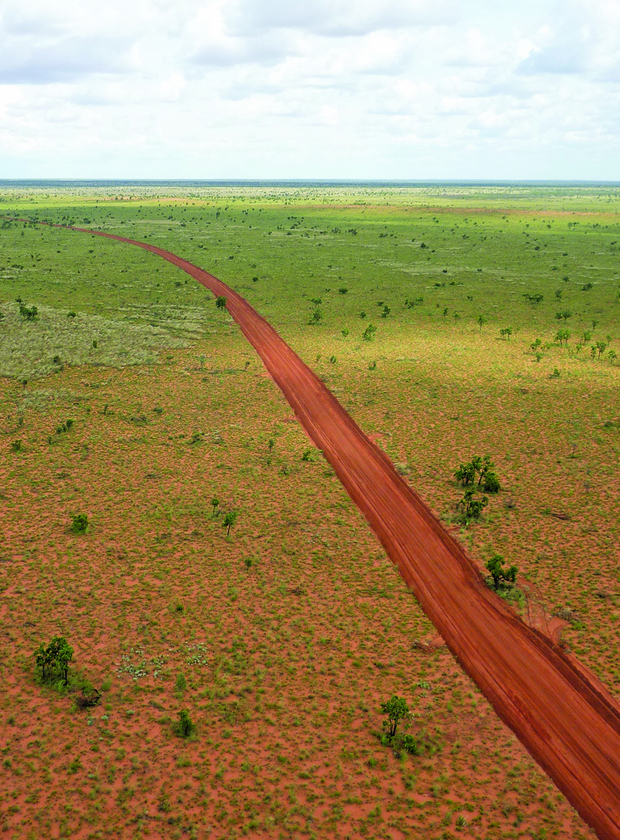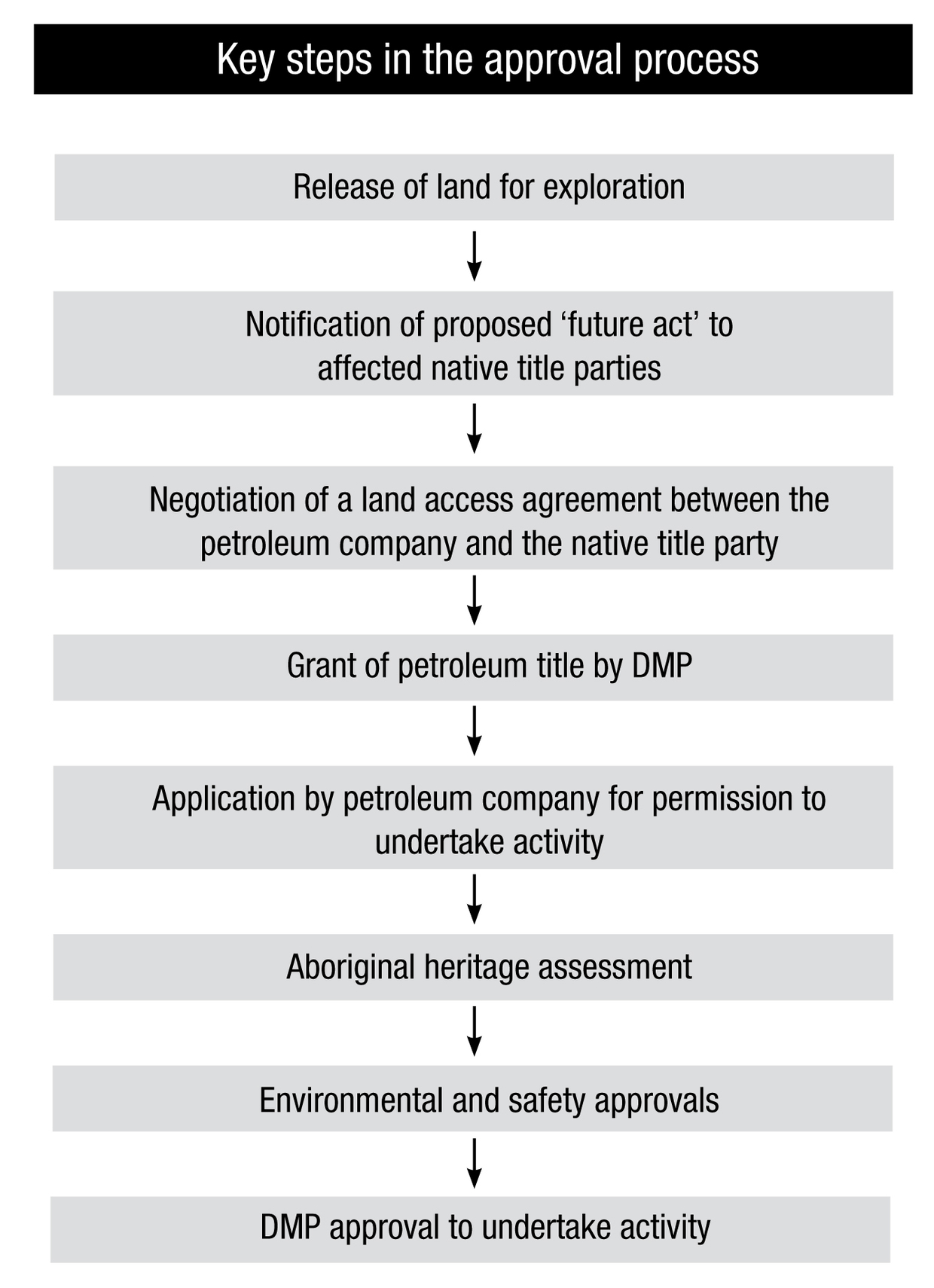The release of land for petroleum exploration

The Department of Mines, Industry Regulation and Safety (DMIRS) consults with native title representative bodies asking for their views on proposed land release areas for petroleum exploration. These comments are considered in determining release areas or conditions. Petroleum land releases usually occur twice a year.
Native title rights and interests
When a petroleum company applies to DMIRS for a petroleum title, the application is assessed if it is a ‘future act’ under the Native Title Act 1993 (NTA).
A future act is essentially any activity or development with the potential to affect native title rights or interests. The definition covers petroleum, mining or land grants or associated development activity.
If it is a ‘future act’ then the NTA’s ‘right to negotiate’ process is used for petroleum exploration and production title applications. Sometimes applications with minimal impact are fast tracked using the ‘expedited process’.
The ‘right to negotiate’ gives native title claimants and determined holders the opportunity to negotiate about the effect the activities may have on their native title rights and interests.
Native title parties have the right to object to the use of the expedited process.
DMIRS encourages petroleum companies and native title parties to enter into discussions about the proposed petroleum activity and work towards reaching an agreement.
These agreements may cover land access, heritage protection, compensation and community benefits.
Once an agreement has been reached it is signed by the petroleum company and the native title party. A State Deed is also signed, often at the same time, by the company, the native title party and the State Government which allows for the grant of the petroleum title.
However, sometimes negotiations can stall and the matter is referred to the National Native Title Tribunal (NNTT) for mediation assistance to help parties reach agreement.
Protecting Aboriginal heritage

Petroleum companies are expected to identify and, if possible, avoid any sites of cultural significance. This might involve changing the path of any proposed seismic lines - or relocating petroleum wells to avoid heritage sites.
Elders, in consultation with representative bodies, make an important contribution by taking part in heritage surveys, speaking with authorities on cultural matters and acting as monitors during exploration and development.
DMIRS can place extra conditions on petroleum titles, which gives further assurance to native title parties of their rights.
However, if petroleum companies need to disturb sites to operate successfully, they have to seek special permission from the Minister for Aboriginal Affairs.
Key facts
- The petroleum company and the native title party negotiate a land access agreement before a petroleum title is granted by DMIRS.
- Aboriginal elders make an important contribution to heritage protection by taking part in heritage surveys, advising on cultural matters and acting as monitors.
- Petroleum companies can change where activities take place to protect heritage sites.
For more information check out other information sheets in this series by visiting Native Title and Land Access (NTALA) or Telephone (08) 9222 3333

